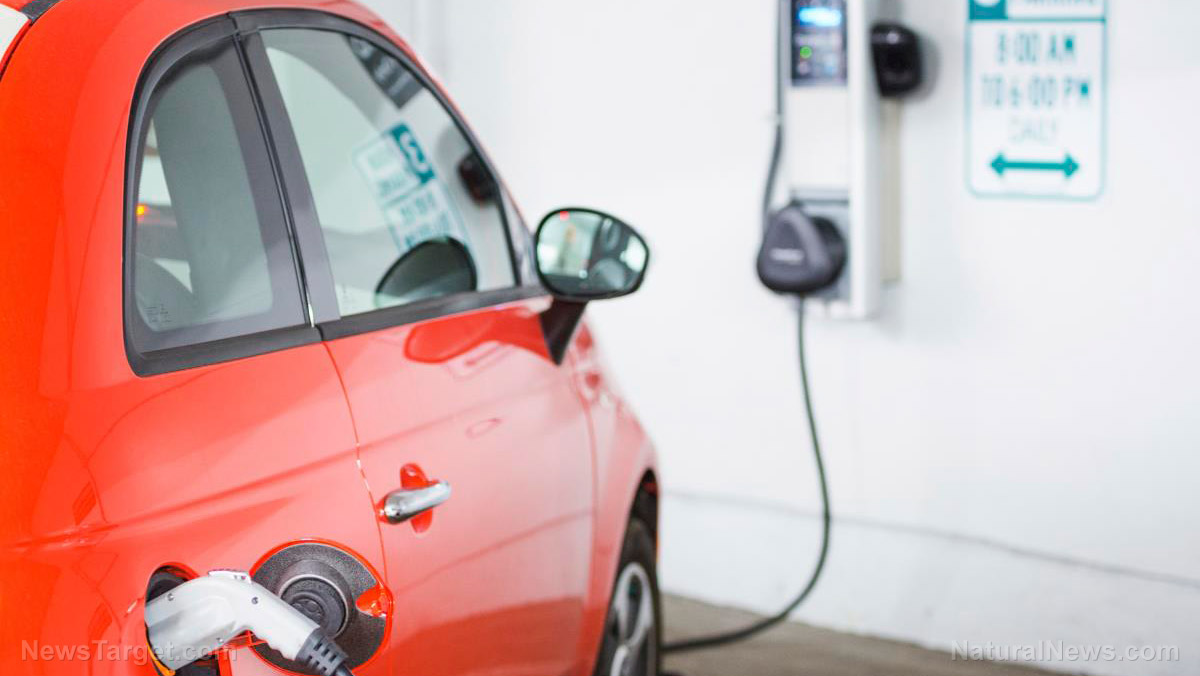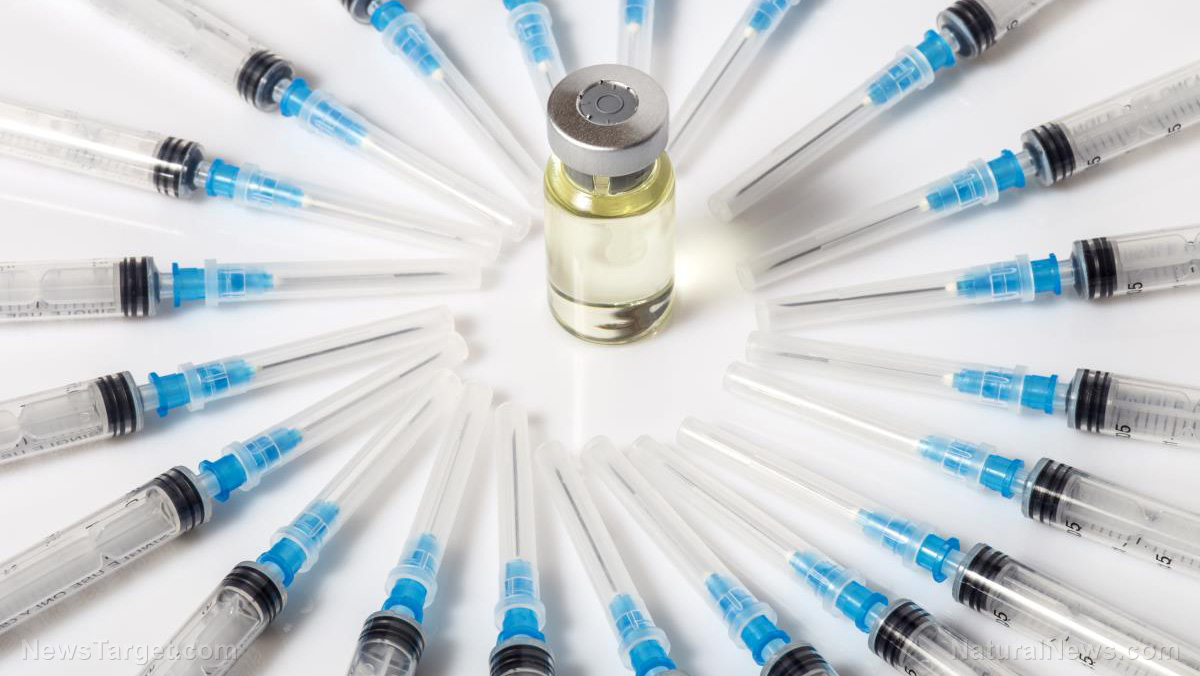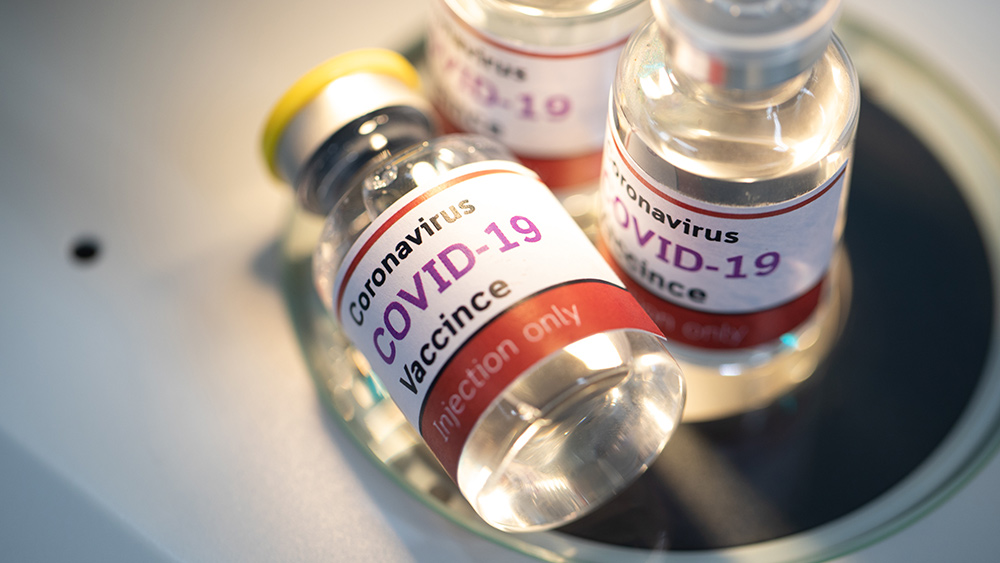BMW & Ford to test solid state batteries next year
09/21/2021 / By Cassie B.

Today’s electric vehicles are far from perfect, and one of their biggest weak points are their batteries. Newer solid state batteries are expected to play a big role in EV technology moving forward, and now two major car makers are moving forward with tests of these batteries.
In addition to lower costs and higher energy densities, one of the biggest draws of solid state batteries is the fact that they are not prone to setting on fire the way that traditional EV batteries do.
Solid Power plans to have prototype solid state batteries ready for tests next year by investors Ford and BMW. The firm’s CEO, Doug Campbell, told TechCrunch that his firm is aiming to become a leader in solid state electrolytes that can replace the semi-liquid paste currently seen in most lithium-ion batteries. Solid Power is expanding its Colorado factory to accommodate a new production line that will be dedicated to producing commercial-grade, 100-ampere solid state batteries, and BMW and Ford will be the first carmakers to place them in electric vehicles next year.
In addition, the new Solid Power production facilities will have the capacity to produce 25 times more of the sulfide-based solid electrolyte material than its existing facility can accommodate. It is being reported that the pouch cells will be tested by the Ford and BMW early next year with a view to placing them in driver-ready vehicles toward the end of the decade.
Campbell said his company is focused on producing the electrolyte material, which will be licensed to battery manufacturers and OEMs. He emphasized that they are chiefly a materials company, and they expect the demand for these batteries to grow. He added that they could help eliminate the battery fires some car makers have been dealing with.
“We believe very strongly that these issues (battery fires) that both Hyundai and GM are now facing would be addressed with a solid state battery,” he stated.
The company is also looking into developing a low-cost cathode material without nickel or cobalt. Their alternative will be significantly cheaper – as much as 1/20th or 1/30th of the cost of a typical nickel manganese cobalt cathode.
Meanwhile, Redwood Materials is taking a different approach, deriving materials by recapturing them from existing batteries. They say they can recover as much as 98 percent of the cobalt, nickel and lithium in old batteries so that new ones can be made without extracting more minerals from the earth.
Electric vehicle fires plaguing major car makers
It’s easy to see why Ford and BMW are so drawn to Solid Power’s batteries given the growing list of fires linked to electric vehicles throughout the country.
Most of the major EV makers have made headlines for battery fires, including Tesla, Kia, Hyundai and Chevrolet. General Motors recently announced a recall of 142,000 of its Bolt models sold since 2017 because of their propensity to catch on fire. They are now waiting for new battery packs to be developed that can resolve manufacturing defects. Earlier this year, a callback by Hyundai affected 90,000 Kona EVs, while Ford recalled 20,000-plus plug-in hybrids in Europe due to their risk of overheating and catching on fire. Tesla’s electric vehicles have also been linked to fires.
It’s an expensive problem to fix, with the Chevrolet Bolt recall estimated to cost the manufacturer $1.8 billion and the Kona recall costing Hyundai around $900 million. Perhaps most damaging, however, are the public relations effects of these fires and recalls, which could have a lasting impact on the reputation of electric vehicles in the car market.
Sources for this article include:
Tagged Under: batteries, BMW, breakthrough, discoveries, electric cars, electric vehicles, EV, Ford, future tech, new energy report, power, solid state batteries
RECENT NEWS & ARTICLES
COPYRIGHT © 2017 DISCOVERIES NEWS





















